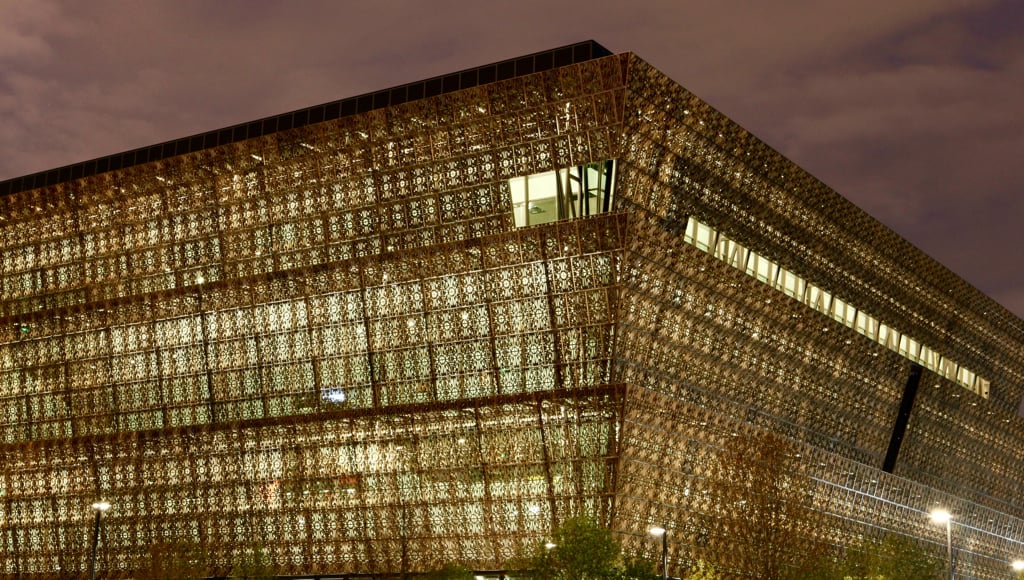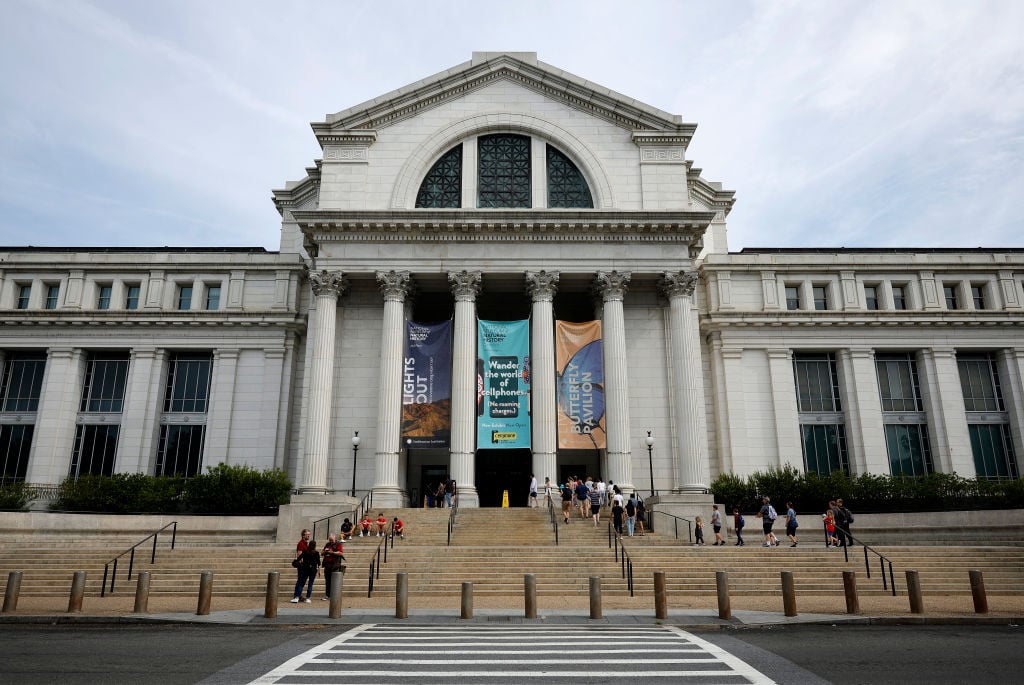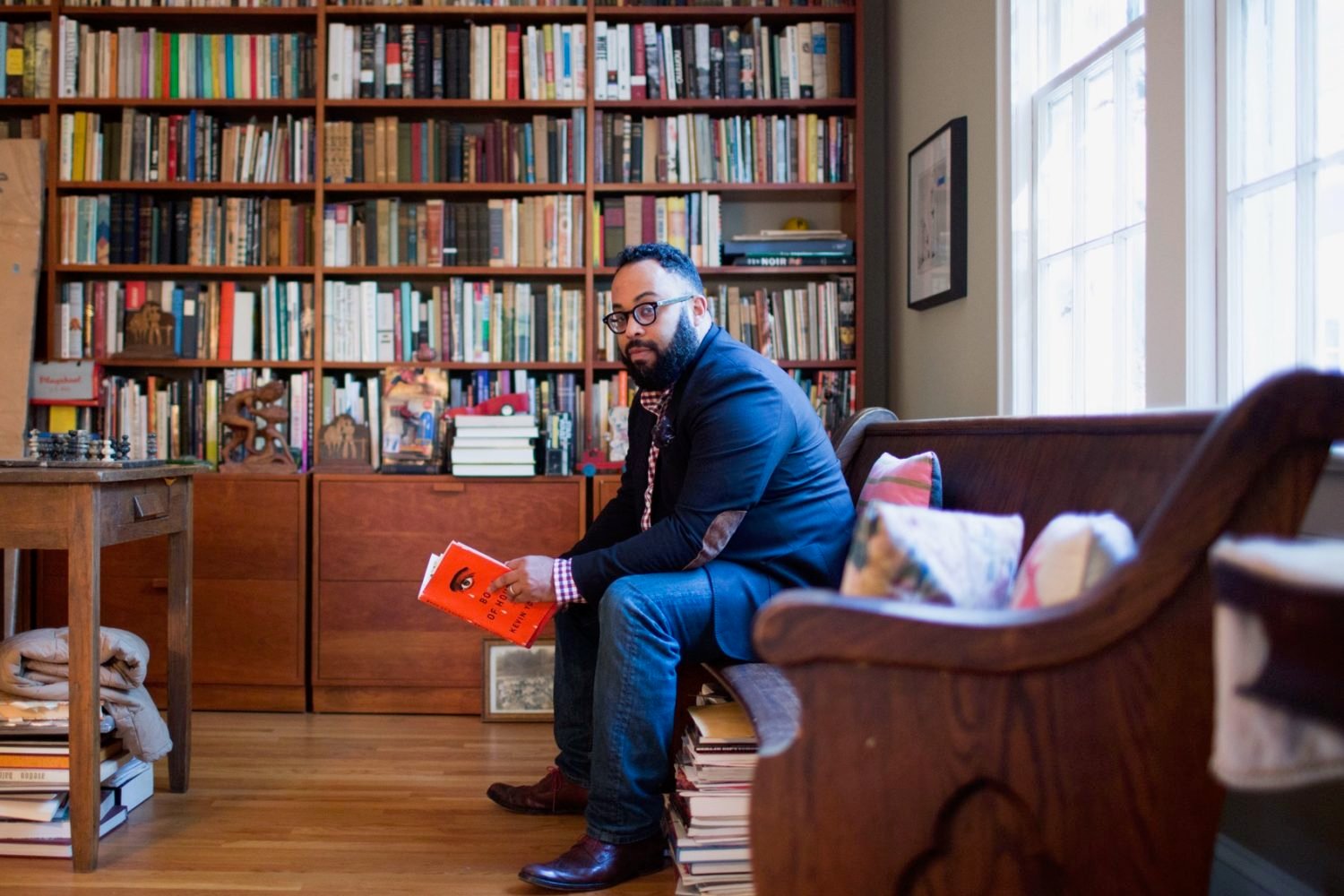A noose was found inside an exhibit at the National Museum of African American History and Culture on Wednesday, the Smithsonian Institution says. It was discovered left on the floor of a gallery about segregation, prompting museum staff and police to shut down the exhibit for three hours.
US Park Police are investigating the discovery of the noose, the second such incident in the last week to be recorded at a Smithsonian facility. Another noose was found last Friday hanging off a tree outside the Hirshhorn Museum and Sculpture Garden.
“The noose has long represented a deplorable act of cowardice and depravity—a symbol of extreme violence for African Americans,” Lonnie Bunch, the African American History museum’s director, said in a statement released by the Smithsonian. “Today’s incident is a painful reminder of the challenges that African Americans continue to face. Our museum is a place of learning and solace, a place to remember, to reflect and to engage in important discussions that help change America. This was a horrible act, but a stark reminder of why our work is so important.”
The Smithsonian has “full security” measures across all its museums, including exhibit surveillance, guard patrols, bag checks, and metal detectors, says spokeswoman Linda St. Thomas. “Obviously this would not have been picked up by a metal detector,” she says.
While the noose discovered Friday outside the Hirshhorn was jarring, one being found inside a museum dedicated to black history and culture is especially unnerving. The Smithsonian is offering counseling to museum staff, officials say.
“This is clearly very targeted,” St. Thomas says.
Reports of hate crimes and similar incidents have spiked nationally since last November’s election, including multiple sightings of nooses around the greater Washington area. One was found last month inside a University of Maryland fraternity house, while two students were charged last week for hanging one at an Anne Arundel County middle school.
“We will not be intimidated,” Smithsonian Secretary David Skorton wrote in an institution-wide email. “Cowardly acts like these will not, for one moment, prevent us from the vital work we do.”



















